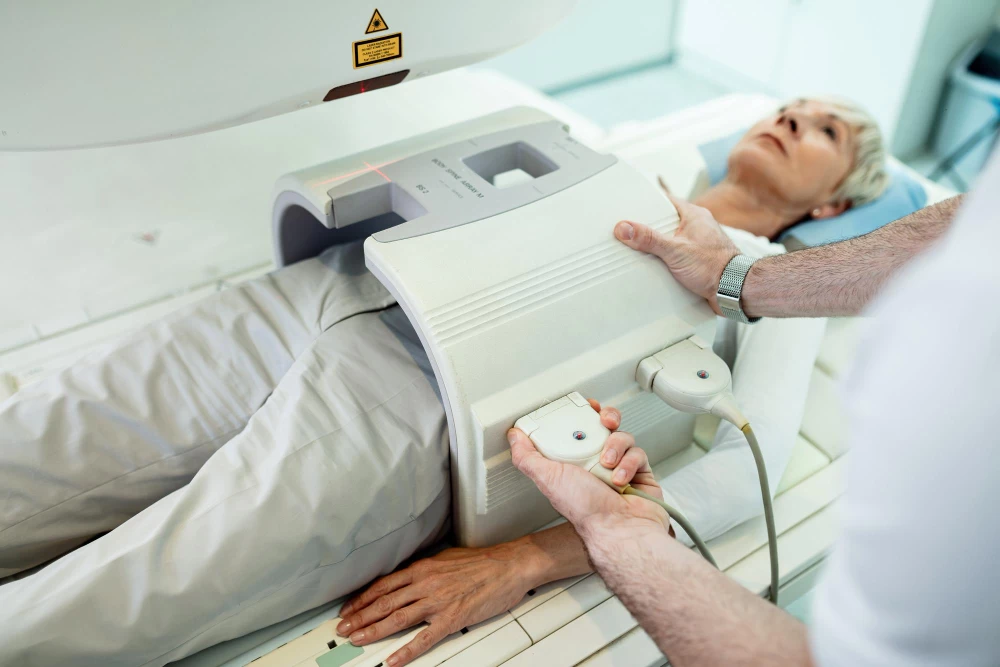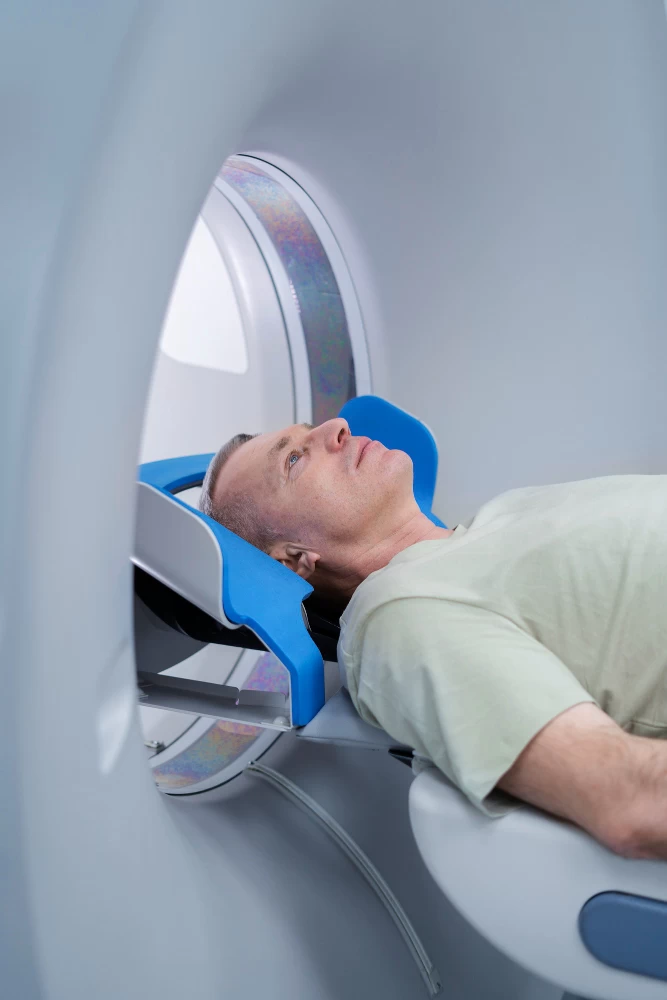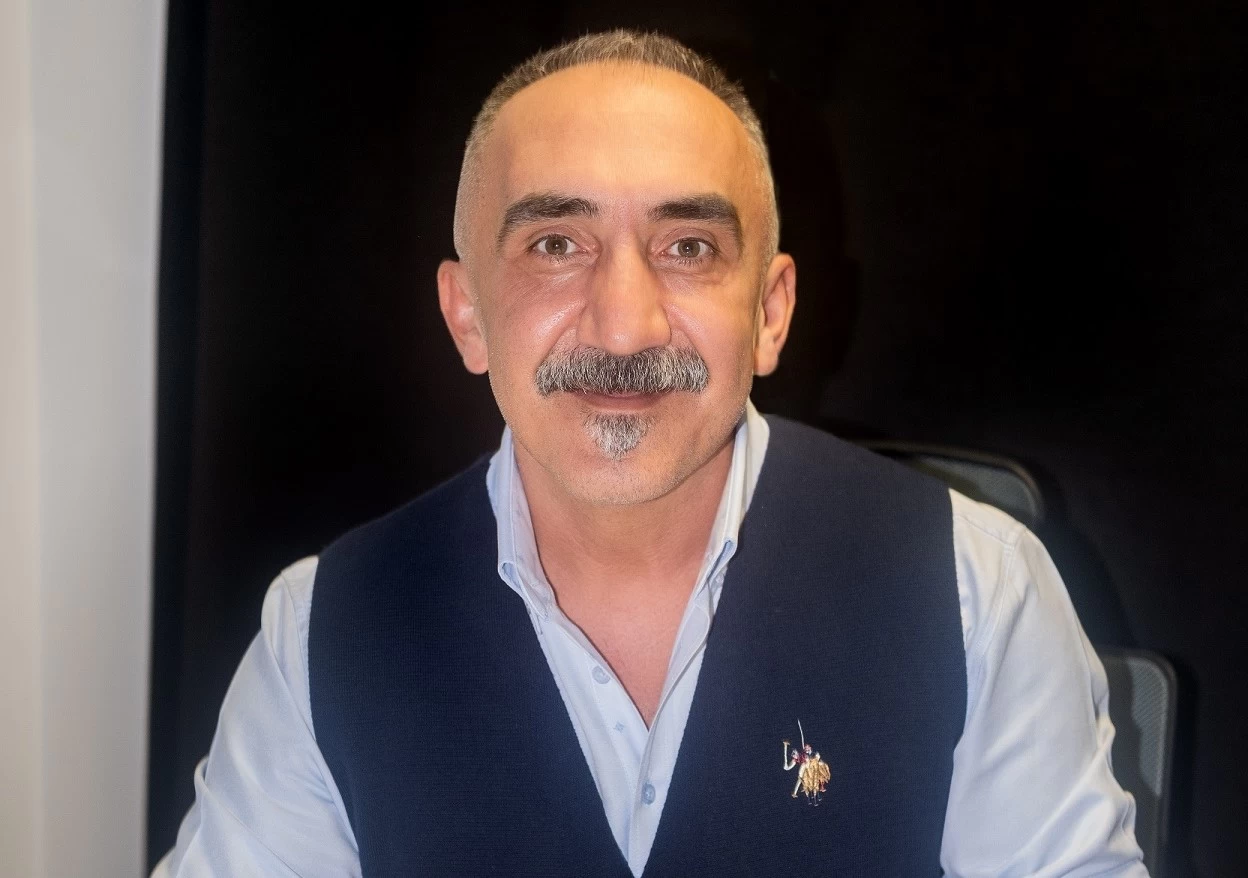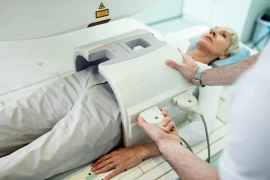
What is Radiodiagnostic Specialization?
- What is Radiodiagnostic Specialization?
- The Role of a Radiodiagnostic Specialist
- Radiological Imaging Methods
- Education of a Radiodiagnostic Specialist
Radiodiagnostic specialization is a medical field that uses imaging techniques to manage the diagnosis and treatment processes of diseases. This specialty employs various imaging tools such as X-rays, magnetic resonance imaging (MRI), computed tomography (CT), and ultrasonography to detect diseases.
The Role of a Radiodiagnostic Specialist
Radiodiagnostic specialists play a critical role in guiding patients toward accurate diagnosis and treatment. Their responsibilities include:
- Interpreting Imaging Tests: The interpretation of radiological images enables the early detection of diseases, allowing treatment processes to be planned more effectively.
- Diagnosis and Treatment Guidance: Radiologists guide other doctors in diagnosis and treatment methods. They play an essential role in developing accurate treatment plans, especially for complex diseases like cancer.
- Interventional Radiology: This subfield involves performing minimally invasive procedures under imaging guidance, such as biopsies or angiographies.
- Research and Education: Radiodiagnostic specialists contribute to the development of new imaging techniques and the improvement of existing methods. They also educate medical students and resident doctors.
Radiological Imaging Methods
- X-Rays (Radiography): Quickly and effectively detects conditions such as bone fractures and lung infections.
- Computed Tomography (CT): Produces detailed cross-sectional images of the body. It is commonly used for detecting brain, lung, and abdominal diseases.
- Magnetic Resonance Imaging (MRI): Provides high-resolution details of soft tissues. It is widely used in the diagnosis of brain, spine, and joint diseases.
- Ultrasonography: Uses sound waves to image organs. It is frequently used in pregnancy monitoring and the evaluation of abdominal organs.
- Nuclear Medicine: This technique uses radioactive substances to assess organ functions. For example, the functionality of the thyroid gland can be evaluated using this method.

Education of a Radiodiagnostic Specialist
Becoming a radiodiagnostic specialist requires an intensive training process, typically involving:
- Medical School Education: The first step is completing a basic medical education, which generally takes six years.
- Specialization Training: After graduating from medical school, specialization training in radiodiagnostics is undertaken. This process usually lasts 4-5 years and includes both theoretical lessons and practical applications.
- Continuous Education and Development: Throughout their careers, radiodiagnostic specialists must stay updated on new techniques and advancements. They participate in continuous education programs and obtain professional certifications.
Importance of Radiodiagnostic Specialists
Radiodiagnostic specialists are indispensable in medical diagnosis and treatment processes. Their timely and accurate evaluations directly impact treatment success. Therefore, their commitment to continuous development and keeping up with innovations enhances the quality of healthcare services.

Spc. Dr. M. Özgür Yıldırım
Radiodiagnostic Specialist


